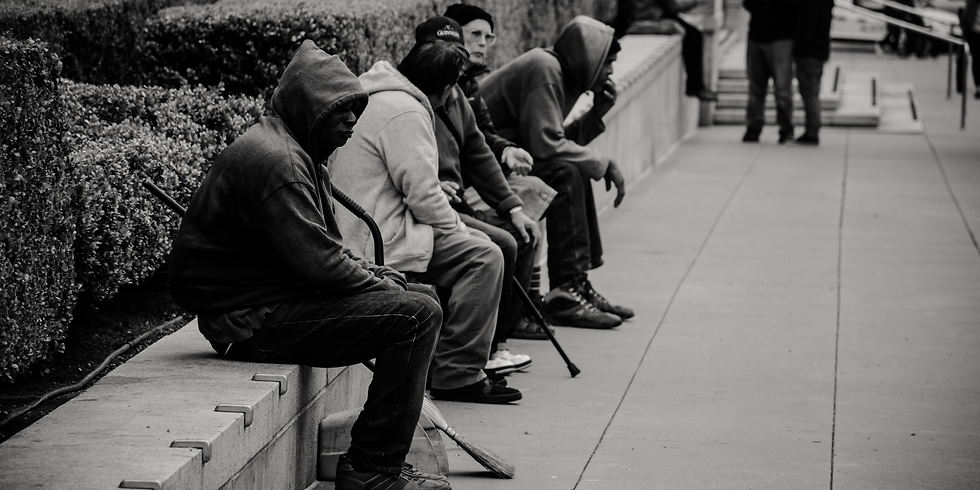Susan Fiske’s Psychology of Power and Perception: A Human Story of Seeing and Being Seen
- Nov 2, 2025
- 2 min read

Susan Fiske didn’t enter psychology to count traits or label people. She entered to understand something far more intimate: how we see each other. Susan Fiske's psychology is rooted in a deceptively simple question: why do we stereotype? Her answers have reshaped how we think about prejudice, power, and the fragile dance of human relationships.
To Fiske, psychology isn’t just about cognition. It’s about connection. It’s about the social forces that shape how we judge others, and how those judgments, often automatic, often unfair, can be changed.
The Mind as a Social Filter
Fiske’s early research revealed that people are “cognitive misers”, we conserve mental energy by relying on shortcuts, especially when forming impressions of others. These shortcuts often take the form of stereotypes. Fiske didn’t stop at identifying the problem, she asked: What motivates us to go beyond stereotypes and truly see the individual?
Her answer: social relationships. When we depend on someone, when they’re on our team, in our family, or hold power over us we’re more likely to individuate them. We look past the category and into the person. But when we hold power? We often don’t bother. That asymmetry, she argues, is one of the most dangerous dynamics in human psychology.
The Stereotype Content Model: Warmth and Competence
Fiske’s most influential framework is the Stereotype Content Model, which maps how people perceive social groups along two dimensions:
• Warmth - Friend or foe? Trustworthiness
• Competence - Ability and status
Groups seen as warm but incompetent (e.g., the elderly) are pitied. Those seen as competent but cold (e.g., rich elites) are envied. This model explains not just prejudice, but the emotional tone behind it; why some groups are feared, others dismissed, and some idealised.
Why Psychology Matters
Fiske believes psychology is essential because it reveals the invisible scaffolding of society: the biases we inherit, the power structures we navigate, and the ways we can change both. Her work doesn’t just diagnose social dysfunction it offers tools to fix it.
She’s especially passionate about applying psychology to public policy, organizational behaviour, and justice. Her research has informed bias-reduction programs, workplace diversity initiatives, and even legal cases. To her, psychology is a moral science—one that must serve equity, empathy, and truth.
A Legacy of Seeing Clearly
Susan Fiske’s beliefs are grounded in a deep respect for human complexity. She doesn’t vilify bias, she explains it. She doesn’t preach empathy, she shows how it works. Her psychology is important because it teaches us how to see others more clearly, and in doing so, how to be seen ourselves.
And in a world still grappling with division and misunderstanding, that’s a vision worth holding onto.




Comments